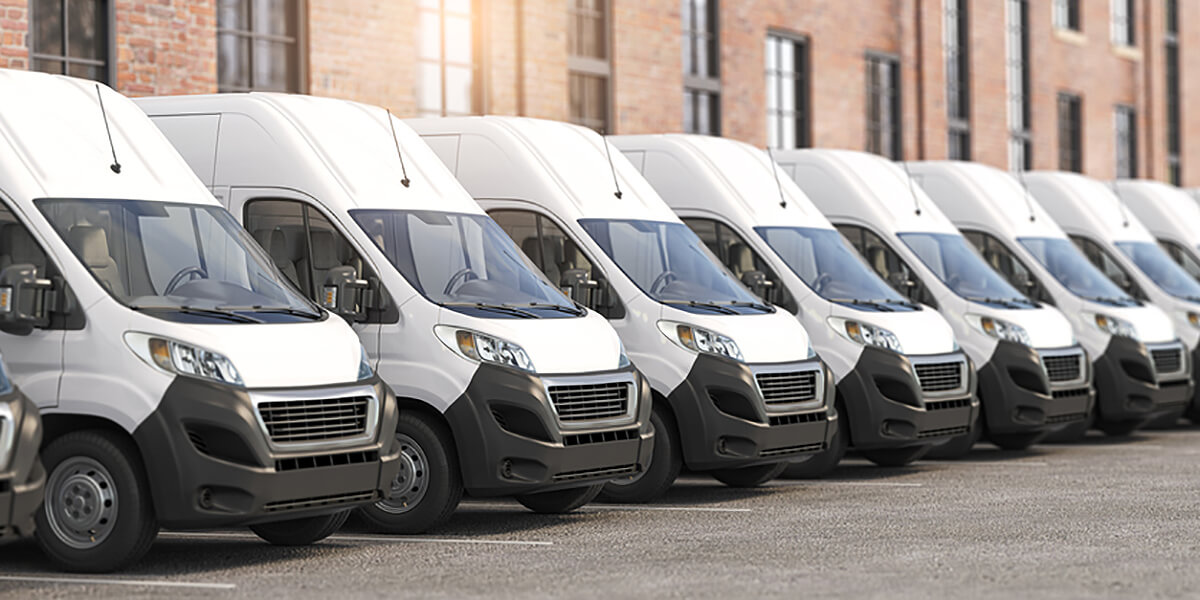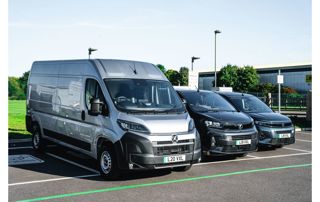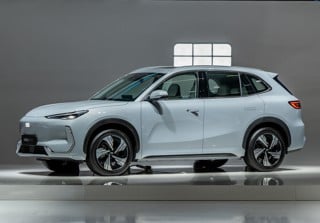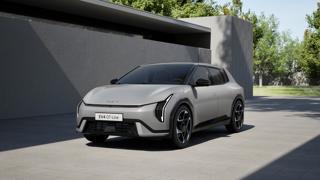The growth in sales of new electric vehicles (EVs) means that this will be the ‘peak year’ for petrol cars and volumes will soon start to fall.
That’s according to Louis Maxwell, senior insight manager at Auto Trader, who told delegates at the Vehicle Remarketing Association (VRA) conference: “We’re living in the year of peak petrol.
“The numbers of petrol cars have stayed stable for the last decade or longer, but the speed of electrification means that within five years, there will be two million fewer on our roads.”
He added: “We have already seen how diesel is starting to disappear from the new car market and, although the story of petrol will be slower and less dramatic, the rise of the EV means something similar will happen over time.”
Data for new car sales in October from the Society of Motor Manufacturers and Traders (SMMT), showed that EV registrations grew during the month (up by 25.4%), while the volume of petrol (-14.2%) and diesel (-20.5%) new car sales fell.
Year-to-date, the figures show that, while diesel represented 6.4% of the new car market (down from 7.6% in 2023), petrol’s market share was 53.6% (down from 56.4% in 2023).
“Already, we are starting to see EVs become accessible to more buyers,” continued Maxwell.
“In the used market, we’re seeing prices fall dramatically and now around one third of total EV stock are priced under £30,000, making them more affordable and bringing the sale turnaround time among 3-5-year-old cars down to a very rapid 19 days.
“As the available stock ages and falls in price, EVs will become viable for more buyers.”
Andy Webb, head of sales at Brego, says that despite reaching “peak petrol”, values of internal combustion engine (ICE) cars had stayed consistent in recent years and looked set to remain stable at least into the medium term.
There was even the possibility that they could rise as supply began to fall away, he added.
“We can see that values of petrol and diesel vehicles have stayed remarkably consistent in recent years,” he explained.
“If the current ZEV mandate targets stay in place, we might move into a situation where there is a shortage of petrol and diesel vehicles, potentially pushing up values, but we appear to be some distance away from than happening.”
Diesel remains “king” for vans

Dionne Hanlon, senior editor for commercial vehicles at Cap HPI, told the VRA conference that the van market continued to be resistant to electrification with “diesel remaining king” and there was little sign of that situation changing.
She said: “Van buyers know and trust diesel and can see few obvious advantages in switching to electric.
“While there are some issues surrounding the suitability of electric vans for many applications, simple lack of curiosity and awareness among potential customers is also a problem.
“There is no real incentive for van users to electrify and, until that changes, the most in-demand vehicles in the market are likely to remain diesel vans.”

























Login to comment
Comments
No comments have been made yet.